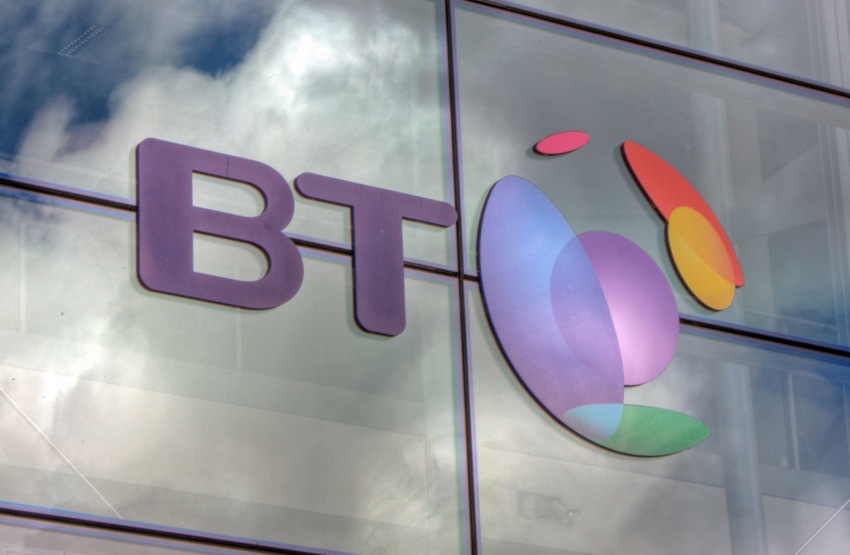UK telecoms regulator Ofcom has stepped up its efforts to reduce BT’s dominance of the UK fixed line market by announcing proposals that would oblige BT to open up its so called ‘dark fibre’ for use by competitors.
May 15, 2015

UK telecoms regulator Ofcom has stepped up its efforts to reduce BT’s dominance of the UK fixed line market by announcing proposals that would oblige BT to open up its so called ‘dark fibre’ for use by competitors.
Dark fibre refers to fibre-optic cables that are not currently in use. BT already offers the lease of its fibre services to other companies, but this move would allow them to use their own equipment, rather than BTs, to control the traffic over the cable.
The reason Ofcom thinks this measure is necessary is to open up the business fixed-line market, which it thinks is still too dominated by BT, apart from in Central London, where it thinks there is currently sufficient competition. Furthermore another part of this Ofcom announcement proposes compelling Openreach – BT’s wholesale division – to commit to certain minimum services levels, following concerns that BT can sometimes drag its feet on this work.
“Today’s proposals should help businesses across the UK who rely on high-speed data lines,” said Jonathan Oxley, Ofcom Competition Group Director. “We want to see more innovation, faster installations and more competition, by providing operators with the opportunity to deploy the technologies of their choice.”
BT, inevitably, sees things a rather differently. “Openreach’s current offer creates a level playing field and a vibrant, competitive market with hundreds of competing companies, large and small,” said a BT spokesperson. “Mandating dark fibre risks favouring a few companies that have the greatest capability to deploy it, to the disadvantage of all other firms.
“It will undermine investment – as a number of service providers have warned – and it would also increase costs, divert resources and add more complexity just when we’re beginning to make progress on improving service.”
While there are some valid points in BT’s objections it is standard practice for regulated industries to bemoan the impact of investment when additional restrictions or responsibilities are placed upone them.
Equally unsurprising has been the approval of the move by BT’s competitors. “The task of redressing the legacy of decades of underinvestment in the UK for fibre infrastructure is too large and important to be left to solely one monopoly provider, and the role of smaller, entrepreneurial players must not be underestimated or undervalued,” said Greg Mesch, CEO of CityFibre. “It is essential that a pro-investment environment, which preserves supplier diversity and encourages network competition, be established and safeguarded for decades to come.”
“Opening up access to infrastructure in areas without sufficient competition has proved successful in boosting investment in superfast broadband in the rest of Europe, including Southern Europe, where local SMEs have far better connectivity options available to them than those in the UK,” said Barney Lane, director of regulation at Colt
“Ofcom’s ruling is an important step in the right direction. It will help spur innovation and incentivise connectivity providers like Colt to roll-out new services. This will ensure that the UK will be able to grab its share of the estimated $1.36 trillion digital economy of the future.”
This is just a proposal for now, which will probably take a couple of years to play out, but it’s hard to avoid the sense that Ofcom is stepping up its scrutiny of BT in the light of its acquisition of EE. Ofcom had a look at opening up dark fibre three years ago but decided against it. BT is entitled to wonder what has changed since then.
About the Author(s)
You May Also Like








.png?width=300&auto=webp&quality=80&disable=upscale)


_1.jpg?width=300&auto=webp&quality=80&disable=upscale)


.png?width=800&auto=webp&quality=80&disable=upscale)